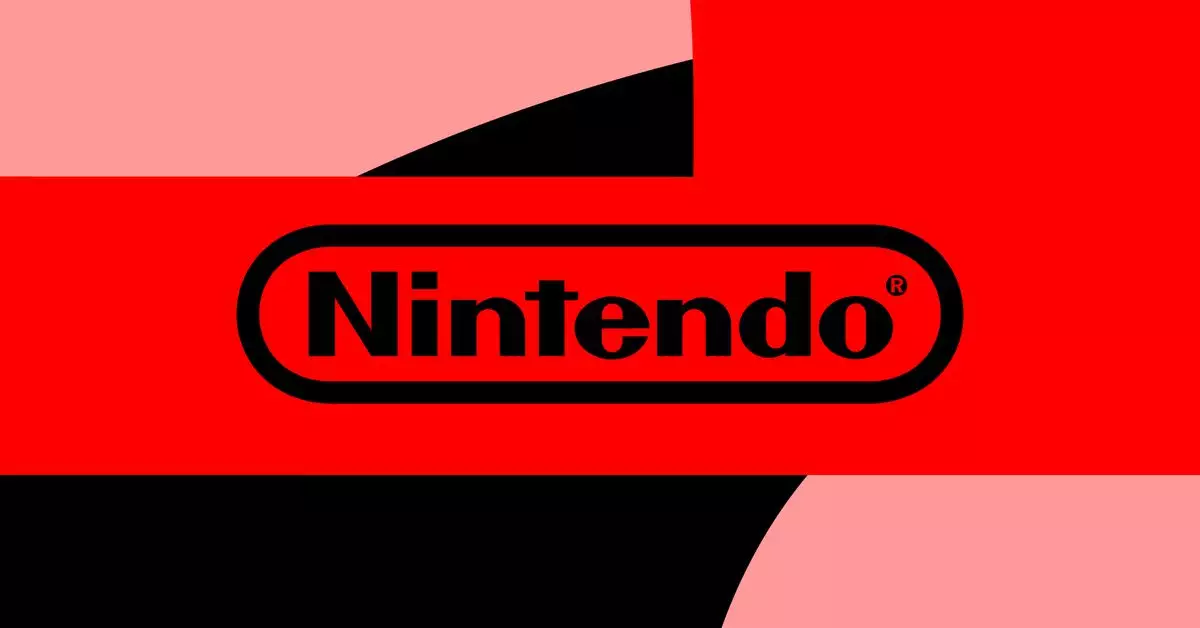The gaming industry is in constant flux, with companies like Nintendo navigating through a landscape that is both exciting and complex. As fans eagerly anticipate the next iteration of the Nintendo Switch, questions abound about backward compatibility, sales figures, and the state of accessibility in gaming. This article explores these themes in depth, analyzing Nintendo’s recent announcements and the broader implications for gamers and game preservationists alike.
Backward compatibility is a significant factor influencing console sales and player satisfaction. In a market where players often invest heavily in game libraries, the ability to seamlessly play previous titles on new hardware can be a deciding factor for many gamers. Nintendo is uniquely placed in this narrative, particularly given its history of transitioning between different media formats, such as the shift from the Wii U’s discs to the Switch’s cartridges. This shift raises legitimate concerns about the accessibility of past games, creating a climate of uncertainty among loyal Nintendo enthusiasts.
While both Microsoft and Sony have made strides in ensuring that their latest consoles are backward-compatible, Nintendo’s commitment remains ambiguous. The Switch has made strides toward playing a broader range of software through its online services, yet the challenge of ensuring access to games from older generations persists. This ongoing challenge highlights a critical gap in service that could dissuade potential customers from making a switch.
Recent figures shared by Nintendo reveal a major fiscal update for the Switch, with an impressive total of 146 million units sold to date. This statistic is particularly intriguing as it underscores Nintendo’s enduring popularity even in a saturated market. However, it’s worth noting that recent quarter sales saw a drop of 31% compared to previous years. While this decline might raise alarms, it’s essential to contextualize these numbers within the broader history of console performance. The dominance of the Switch remains intact, particularly against the backdrop of past generations.
Moreover, the report noted a remarkable software sales milestone, with 1.3 billion units sold. This achievement illustrates the strength of the Nintendo brand and the engaging quality of its game titles. Yet, the slight decrease in Nintendo Switch Online subscriptions suggests that even devoted players are reevaluating their investment in the service. This may signal a need for Nintendo to enhance its online offerings, especially its expansion pack, to better cater to evolving consumer expectations.
The anticipation surrounding the eventual announcement of the Switch’s successor also raises important considerations about the continuity of gaming experiences. For many players, the idea of having their digital libraries intact is essential. However, the grim reality highlighted by the Video Game History Foundation indicates that a staggering 87% of games released before 2010 are at risk of becoming inaccessible.
This reality leads to broader concerns about game preservation within the industry. The gaming community is starting to mobilize around these issues, demanding clearer policies from companies like Nintendo regarding their approach to backward compatibility. Players are not just hoping to enjoy nostalgia; they are advocating for the preservation of gaming history, recognizing that today’s experiences will shape the cultures of tomorrow.
As Nintendo prepares for the upcoming release of its next console, it must address these pressing concerns while fostering a deep connection with its player base. The company has the opportunity to build on its already rich legacy and serve as a leader in ensuring media accessibility and game preservation. Enhancing backward compatibility in future consoles and offering robust online services could bolster player satisfaction and loyalty.
Nintendo stands at a crossroads. The anticipation surrounding the successor to the Switch offers an exciting prospect for gamers, yet unresolved issues regarding backward compatibility and the accessibility of older titles present significant challenges. As the gaming community continues to advocate for preservation and continuity, it will be vital for Nintendo to listen, adapt, and deliver a future that honors the past while embracing innovation.

